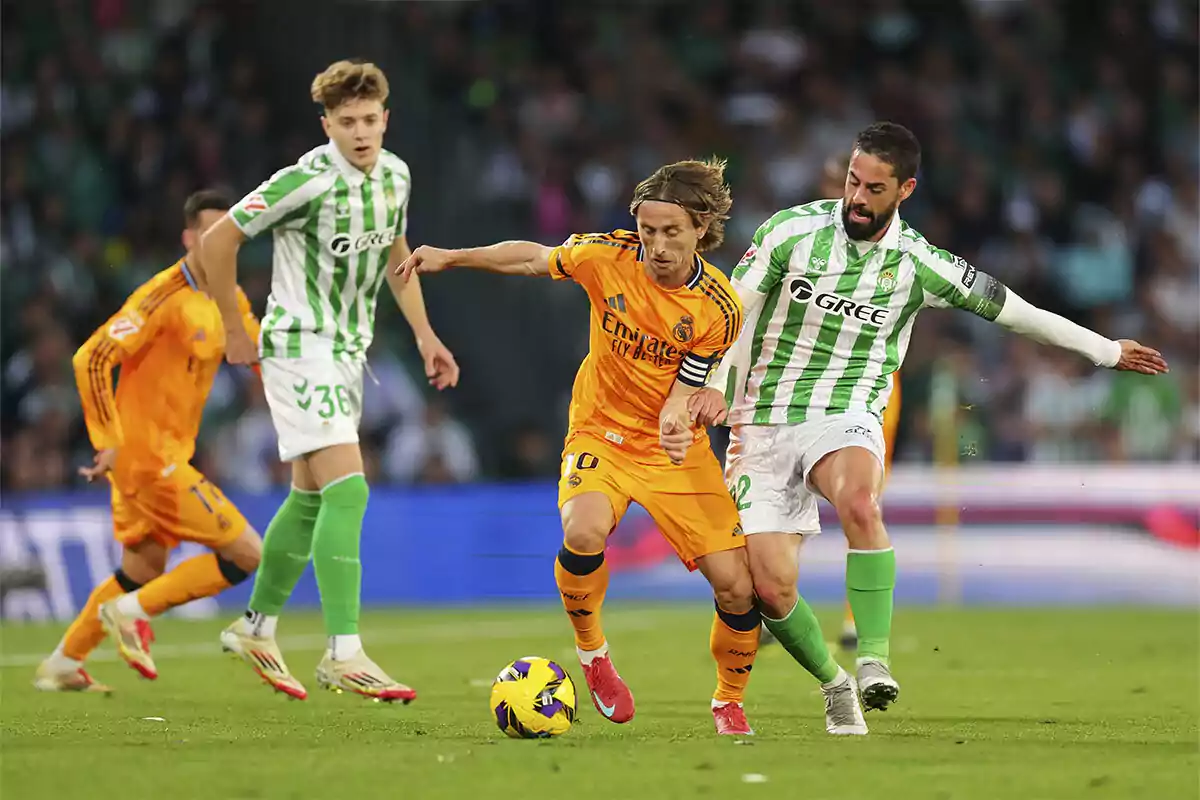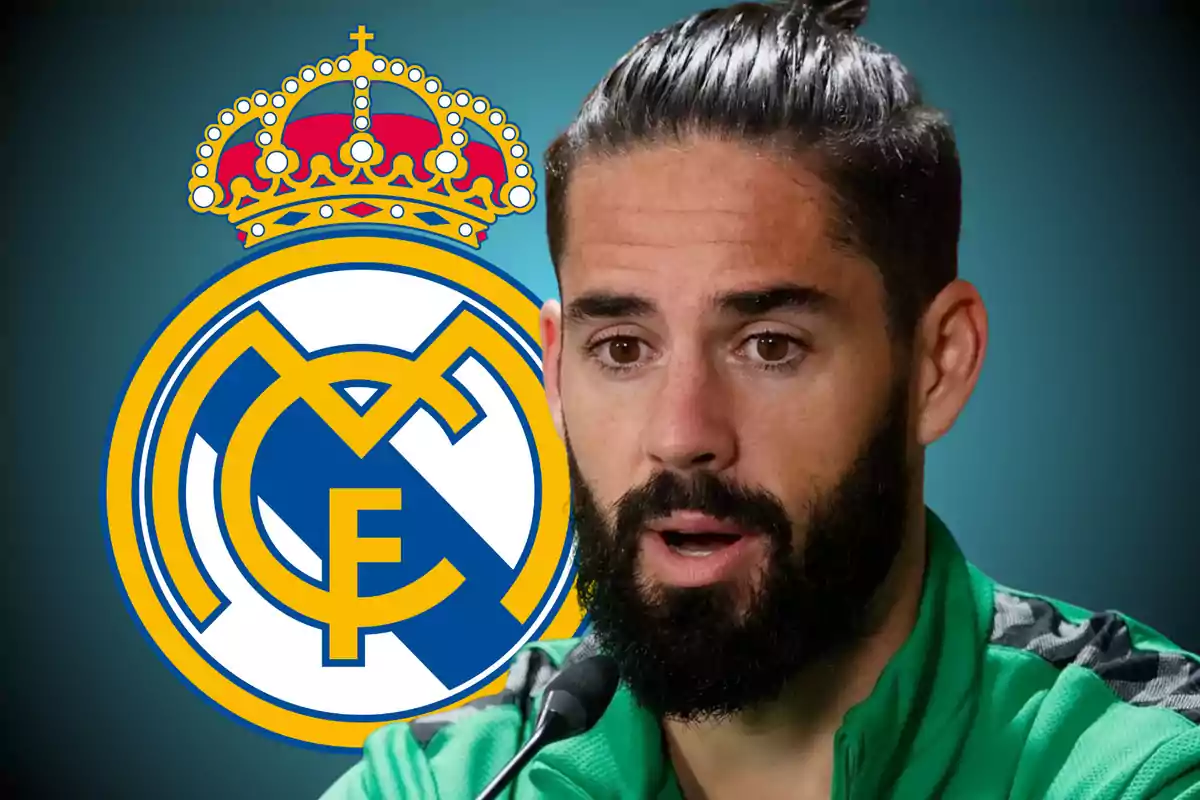When Isco arrived at Real Madrid in the summer of 2013, few doubted his quality. He had stood out at Málaga and his signing for 30 million made him the most expensive Spaniard of Florentino Pérez's era. He had magic, boldness, and a special vision for the final pass.
During nine seasons with the white team, his trophy collection grew like few others: 4 Champions Leagues, 3 La Ligas, 4 Club World Cups, among other titles. On paper, a dream career. But in the player's heart, the story wasn't so perfect.
He excelled and then faded
At his best, Isco was key. In the 2016-17 season, he earned a starting spot in crucial matches and was the engine of Zidane's Madrid. His soccer was fresh, different, with a style that connected with the fans.

However, after Cristiano Ronaldo left and Julen Lopetegui arrived, expectations for him increased. He was expected to lead a new era, but the opposite happened. "Everything in Madrid became more complicated for me after a while, I was going through a rough patch both personally and professionally," he recently admitted.
It was in that context, far from his best version, when one of the most sincere confessions of his career came: "The only one responsible for my failure was me."
No excuses or complaints
The easy thing would have been to blame coaches or the club, but Isco doesn't do that. On the contrary, he admits that part of his decline came from within. The lack of motivation, emotional ups and downs, and not knowing how to react to that fall took a toll on him.
"Some coaches value you more than others, but that's part of soccer," he added. Neither Zidane's nor Ancelotti's returns managed to give him back his prominence. Little by little, his presence faded, he left the club quietly in the summer of 2022, without major headlines or grand farewells.
Rebirth in green and white
After a brief and discreet stint at Sevilla, Isco has found his place at Real Betis. With Pellegrini, a coach who already knew him well, he has felt important again. "I'm lucky to have a coach who believes in the '10', he gives me freedom of movement," he explains.
That change has brought back his game and his smile. He has even returned to the Spanish National Team more than five years later. At 33 years old, he feels more mature, freer, and with a new motivation: to enjoy.
"I want to be the one who decides when to leave soccer, not for soccer to leave me," he concluded. Today, Isco doesn't live in the past. He's rewriting it with a different jersey, but with the same talent as always.

